After Anna and her brother have visited the Schwarzwaldklinik in Glottertal, they continue on. Their next destination is the Hilzinger Mühle. Suddenly, Anna sniffs the air and says, „It smells like garlic here. There must be wild garlic around.“ „You’re quite the sniffer,“ her brother says. „I don’t smell anything!“ „Sniffer, that word doesn’t even exist,“ Anna laughs. „You’re a real chatterbox!“
This time, Anna is mistaken. The word „Schnüffler“ does exist. Can you explain where the word comes from? I will tell Anna. Write your answer below in the comments and send it to me.
(Note: The word „Schnüffler“ comes from the German verb „schnüffeln,“ which means to sniff or smell, particularly in an inquisitive or investigative manner. „Schnüffler“ is commonly used to describe someone who is nosy or prying, trying to find out information or secrets.)
Where does the word „Sniffer“ come from?

For help click on the picture!


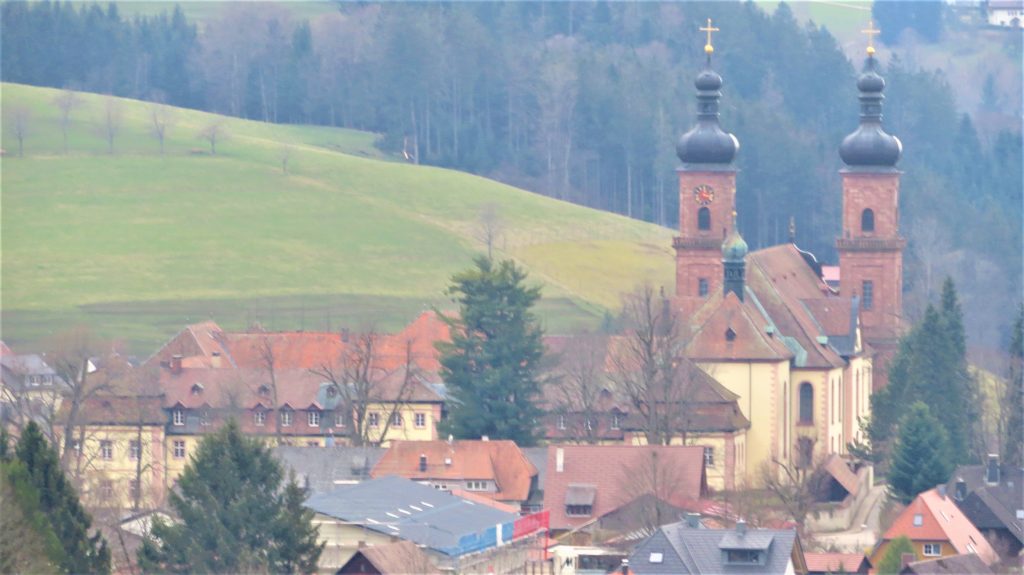
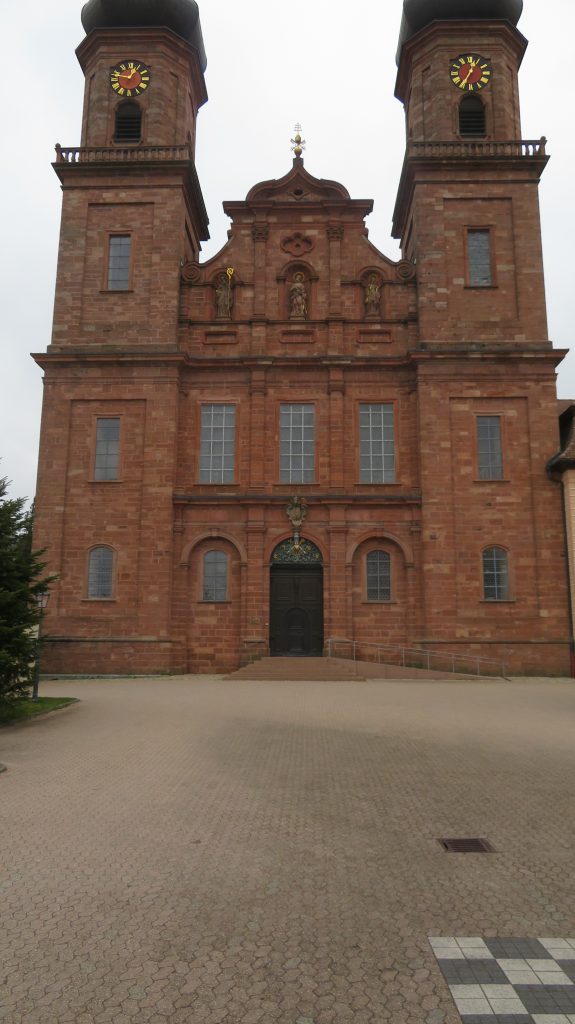
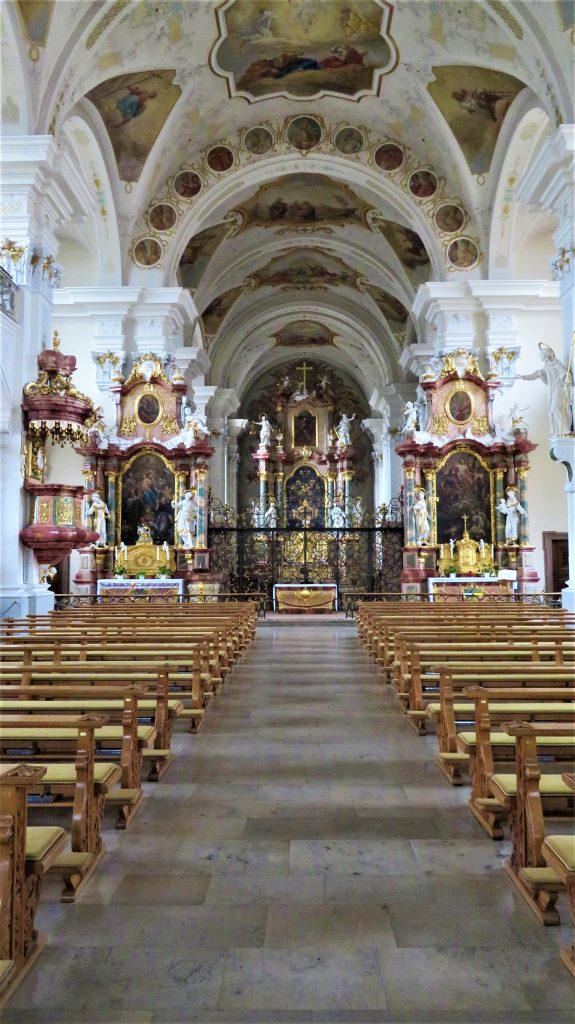
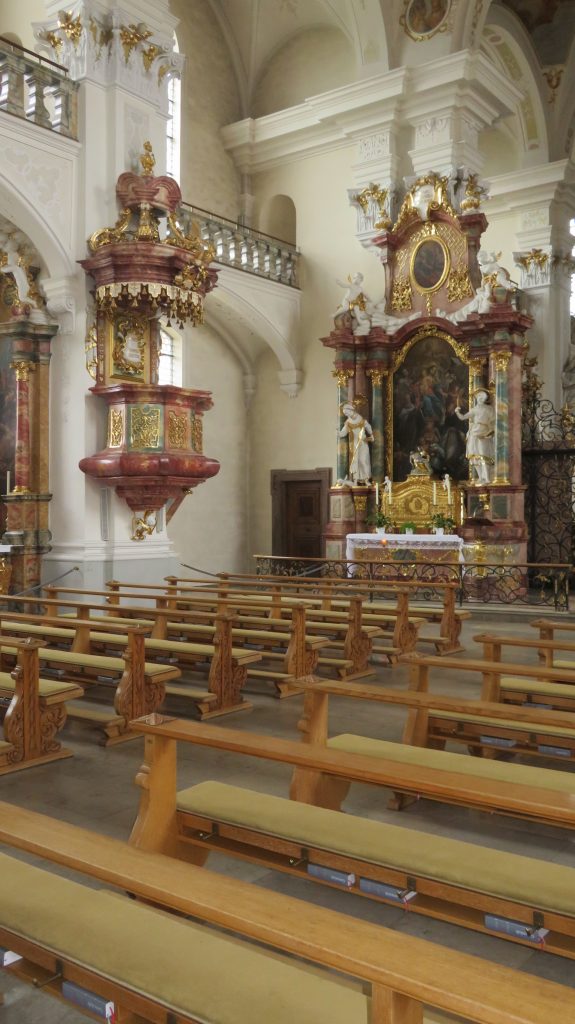
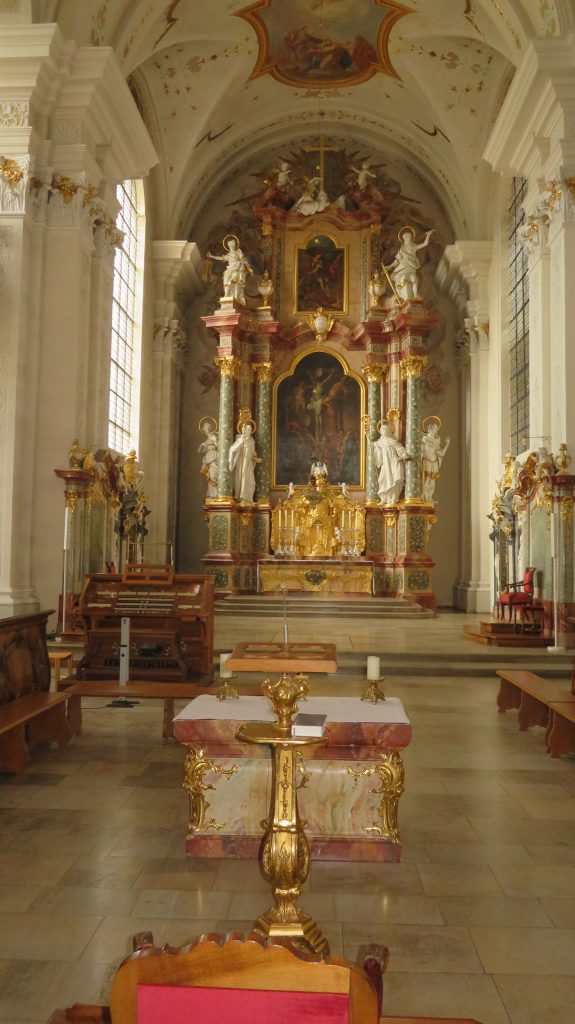

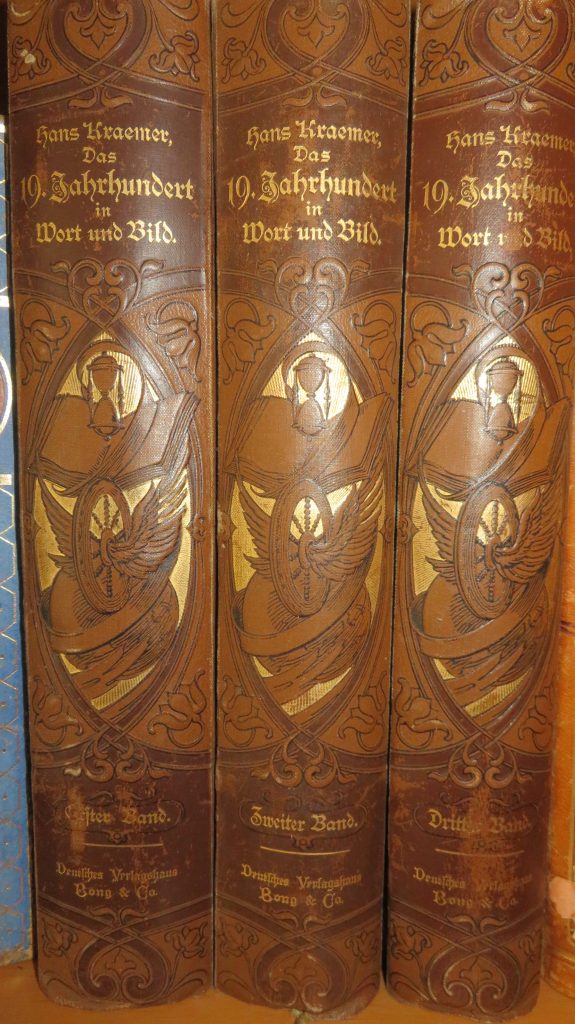

 The mills in the Black Forest are powered by water flowing from the mountains down to the valley. In flat regions like Holland, there are windmills that are powered by the wind. Even today, in the Black Forest, there are still mills that grind wheat into flour using water power. But how is wheat turned into flour? Write the answer in the comments below and send it to me. Then I can tell Anna and her brother, who have already asked me about it.
The mills in the Black Forest are powered by water flowing from the mountains down to the valley. In flat regions like Holland, there are windmills that are powered by the wind. Even today, in the Black Forest, there are still mills that grind wheat into flour using water power. But how is wheat turned into flour? Write the answer in the comments below and send it to me. Then I can tell Anna and her brother, who have already asked me about it.



